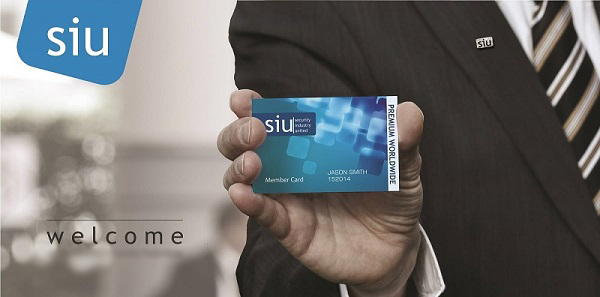Security Suicide Prevention
Security professionals struggle with mental health problems due to constantly high stress levels as well as frequent verbal and physical abuse.
Thus, 40% of security officers display symptoms of Post Traumatic Stress Disorder (PTSD), according to research conducted by the University of Portsmouth.
The research, led by Dr Risto Talas and Professor Mark Button, Professor of Criminology in the School of Criminology and Criminal Justice at the University of Portsmouth, shown:
“64.6 per cent of security guards suffered verbal abuse at least once a month. (50 per cent of these were as regular as once a week).
“43 per cent of respondents reported threats of violence at least once a month (10 per cent were getting threatened on a daily basis).
“More than 30 per cent of those surveyed reported some kind of physical assault in the workplace once a year. (Almost 10 per cent reported a minor physical assault at least once a month).”
And, security industry is the third highest industry impacted by suicide, according to research conducted by the Consortium for the Prevention of Suicide.
Professor Button said:
“The research has revealed a worrying lack of support provided by the security companies. This must change and more research is required on what the security industry as a whole must do to address this issue before it becomes a larger societal issue, with added pressure on the limited mental health and wellbeing services provided by the NHS.”
There are some signs to look out for:
- Lacking energy or feeling tired
- Feeling exhausted all the time
- Experiencing ‘brain fog’, find it hard to think clearly
- Finding it hard to concentrate
- Feeling restless and agitated
- Feeling tearful, wanting to cry all the time
- Not wanting to talk to or be with people
- Not wanting to do things you usually enjoy
- Using alcohol or drugs to cope with feelings
- Finding it hard to cope with everyday things and tasks
- Experiencing ‘burn out’
What we do to help
We, at SIU, work to fill this gap of mental health support in the security industry by providing various mental health support services at our Rehabilitation Centre, the UK’s first physical and mental rehabilitation centre dedicated to security professionals.
We lend a helping hand to all security professionals, not just our members, who are struggling with mental health issues – some to the point of suicidal thoughts.
Our qualified counsellors use their skills, training and experience to empathetically approach the individuals who contact us in relation to their suicidal thoughts.
You talk, we listen and give you space to be yourself, to focus on your thoughts and feelings.
Our services are strictly confidential.
Offering a non-judgmental listening ear, our counsellors use a system of initial crisis handling:
When we get a call, we assess and take control of the situation, and implement various methods to assist the individual.
This may be in the form of remote or residential psychological counselling sessions, whichever is suitable.
Or in the form of providing temporary accommodation at our Rehabilitation Centre, with 24/7 mental care services, just to get them back on their baseline and out of suicidal thoughts.
We offer continuous support after the crisis as well.









